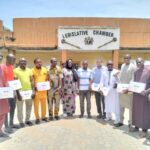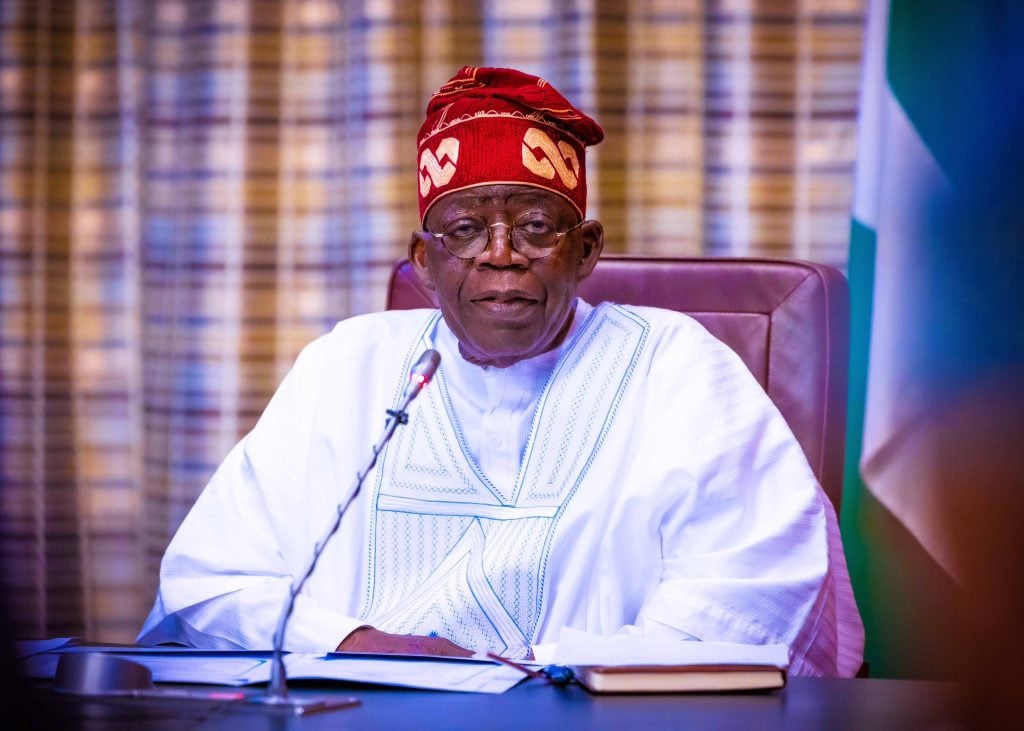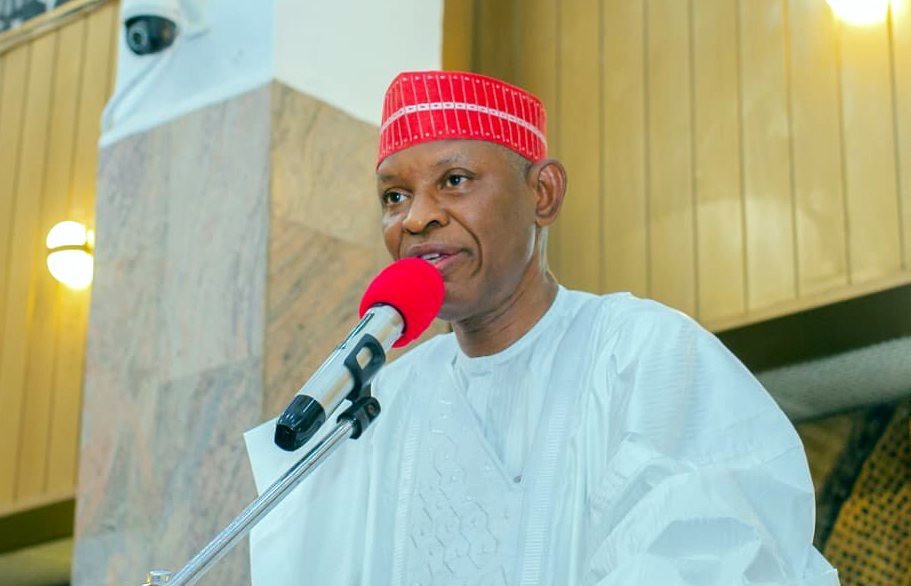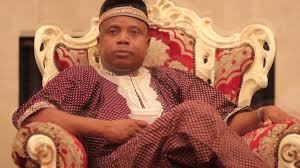By Dr. Emman Usman Shehu.
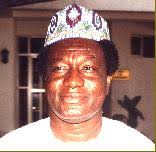
From the south to the north, Nigeria’s economic pulse beats with a resilience that defies decades of mismanagement. Yet, under President Bola Tinubu’s administration, this heartbeat is under siege. The looming 5% fuel tax set to take effect in January 2026, part of the Harmonized Tax Act, has ignited a firestorm of criticism. Dubbed “relentless taxation” by exasperated citizens, this policy threatens to choke an already gasping populace. With inflation soaring, purchasing power crumbling, and poverty gripping over 40% of the nation, Tinubu’s tax regime is not just ill-timed—it’s a callous misstep that risks plunging Africa’s largest economy into deeper despair.
The Tinubu administration’s fiscal strategy appears driven by a single-minded obsession with revenue, heedless of the human cost. The 5% fuel tax, a blunt instrument, will cascade through Nigeria’s economy, inflating transport costs, spiking food prices, and strangling small businesses already battered by economic headwinds. Nigerians like Chris Mamuda, an Abuja-based entrepreneur, warn that this surcharge will deepen financial hardship for millions struggling to survive in an inflationary maelstrom.
“It’s not just about paying more,” Mamuda laments. “It’s about surviving when every naira is stretched to breaking.” His voice echoes a broader sentiment: a government that demands more from its people without delivering tangible returns is treading a dangerous path.
Nigeria’s economic landscape is a paradox—a vibrant, youthful nation tethered to an archaic fiscal system. Decades of oil dependence have left the country vulnerable to global price swings, while an informal sector, estimated to account for over 60% of GDP, operates beyond the taxman’s grasp. This isn’t merely a bureaucratic failing; it’s a structural reality. Picture a market vendor in Onitsha, juggling cash transactions with no formal registration, or a small-scale farmer in Sokoto, eking out a living far from the reach of Abuja’s policymakers. Forcing higher taxes on such a system without first formalizing it is like squeezing water from a stone—it yields little and risks breaking what’s left.
The administration’s approach betrays a profound disconnect from Nigeria’s realities. Tax morale, already eroded by perceptions of rampant corruption and a lack of visible public services, is at a breaking point. Nigerians don’t see their taxes paving roads, powering homes, or healing the sick. Instead, they see a government elite insulated from the struggles of ordinary citizens. “Why pay more when the lights still flicker?” a street vendor in Lagos asks, echoing a national sentiment. Without a social contract that links taxation to tangible benefits, Tinubu’s aggressive tax push will only fuel resentment and evasion, shrinking the very revenue base it seeks to expand.
Worse still, this policy threatens to suffocate Nigeria’s nascent economic diversification. The informal sector and small businesses—engines of job creation—are already stretched thin. Higher taxes, particularly on essentials like fuel, could drive more activity underground, deter investment, and stifle innovation. In a country where unemployment hovers near 33%, this is not just economic malpractice; it’s a betrayal of Nigeria’s entrepreneurial spirit. The Tinubu administration seems blind to the lessons of other developing nations, where successful tax reforms hinge on gradual base-broadening, robust administrative systems, and ironclad social safeguards—not relentless extraction.
A less heartless path exists, but it demands vision and patience, qualities this administration has yet to display. First, Nigeria must simplify its labyrinthine tax code and incentivize formalization with lower initial rates and streamlined registration. A digital portal for small businesses to file taxes could work wonders, reducing bureaucracy and fostering compliance. Second, technology—e-filing, e-invoicing, real-time data matching—must replace outdated collection methods. Third, progressive taxation and exemptions for essentials like food and fuel are non-negotiable to shield the poor from disproportionate pain. Finally, tax revenues must be visibly reinvested in roads, schools, and hospitals to rebuild trust.
Without these, Tinubu’s tax regime is a house of cards, destined to collapse under the weight of public discontent.
The administration’s lackeys argue that Nigeria’s fiscal challenges demand bold action. With a tax-to-GDP ratio languishing at 6%, among the lowest globally, the need for revenue is undeniable. But boldness without nuance is recklessness. Tinubu’s tax push ignores Nigeria’s unique realities—its sprawling informal economy, its fragile trust in governance, its cultural complexities. Models that work in Western economies falter here, not for lack of ambition but for lack of tailoring. Nigeria’s leaders have long stumbled by adopting foreign blueprints without regard for local context, and Tinubu’s regime is increasingly repeating this historic failure. Too lazy to think out of the box, more concerned with enriching and empowering an elite class while impoverishing the rest of the populace, and doing this with an authoritarian daring.
The stakes could not be higher. Relentless taxation, without complementary reforms, threatens not just economic stagnation but political unrest. Regional disparities could widen, inflation could spiral, and the social fabric—already frayed—could tear further. Tinubu’s legacy hangs in the balance. Will he be remembered as a reformer who lifted Nigeria toward prosperity, or as a leader who burdened its people with heartless policies? The answer lies in abandoning the myopic pursuit of revenue and embracing a strategy that prioritizes equity, trust, and growth. Nigeria deserves better than a tax tightrope—it deserves a path to a thriving, inclusive future.
Dr Shehu is an Abuja-based writer, activist and educator.




